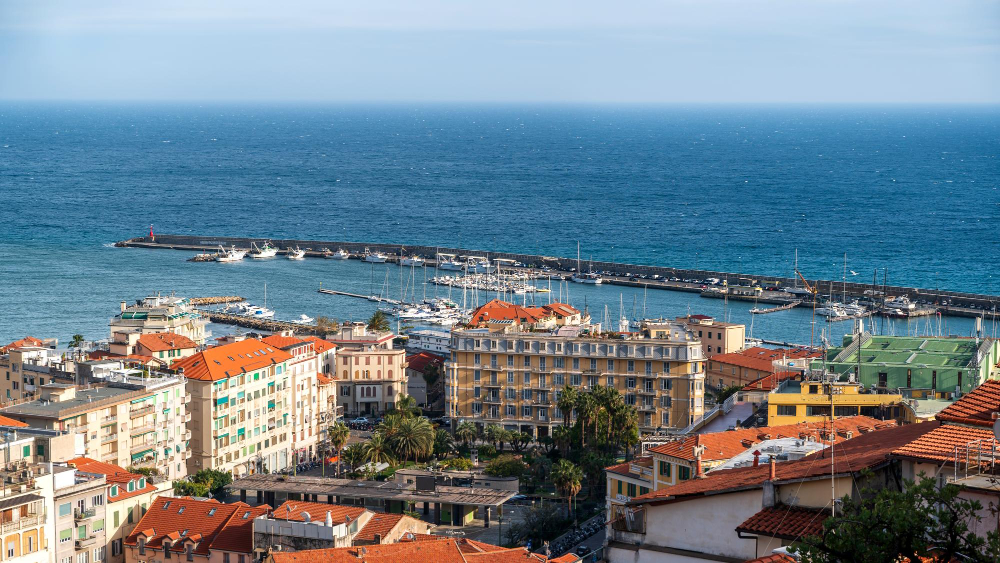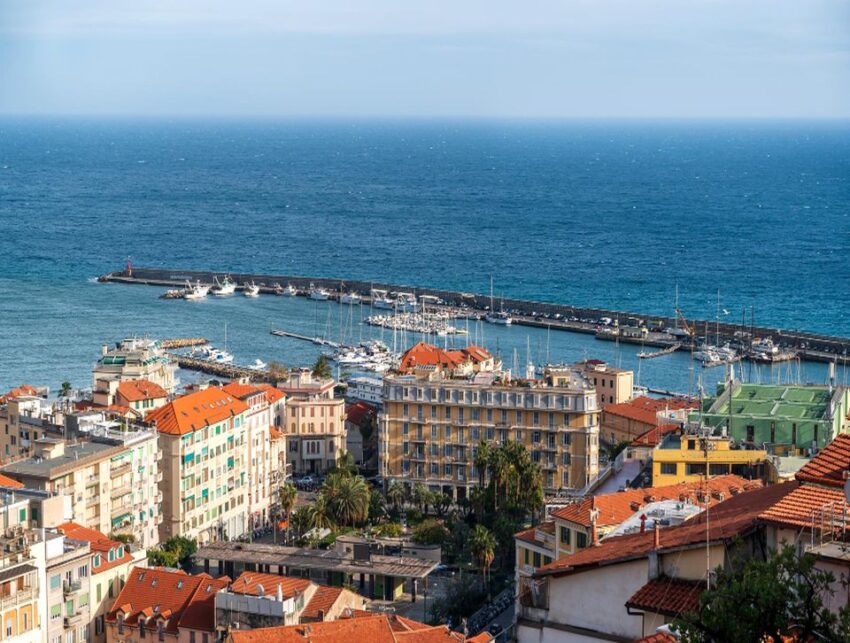On 22nd April 2022, the cities of Antwerp and Bruges in Belgium signed a shareholders’ agreement to merge their respective ports. As a result, the Ports of Antwerp and Zeebrugge have become unified to form the Port of Antwerp-Bruges which is the largest port in Europe. In today’s blog, we have provided a comprehensive report on the creation of the Port of Antwerp-Bruges and how it will benefit the international container shipping industry.

The objective of the merger of Antwerp and Zeebrugge Ports
The agreement of the two Belgian cities has witnessed a new unification process that will soon transform the performance of the container shipping industry in Europe. On completion, the two ports will reinforce their position within the international ocean freight industry and contribute to the sustainable growth of this sector. Additionally, the Port of Antwerp-Bruges aims to adopt a strategy focusing on a low-carbon economy.
The merger will give a significant boost to the container shipping industry by making it the most important container port and one of the largest break bulk ports in the world. With a throughput of 278 million tonnes per year, this port will become the largest container port in Europe. Additionally, over 15% of liquid natural gas in Europe will be moved through this port making it the most important chemical hub in Europe.
As stated by Annick De Ridder, President of the Board of Directors of Port of Antwerp-Bruges, “The unified port is not only the economic engine of Flanders, but together, the ports of Antwerp and Zeebrugge will also form the largest export port, largest throughput port for vehicles, and the leading chemical hub in Europe. At the same time, Port of Antwerp-Bruges has major ambitions to become the energy gateway to Europe as a ‘green port’.”
The project aims to create value for all the stakeholders in the entire Flanders region. The port authorities are emphasizing a three-pronged strategy prioritizing resilience and leadership, sustainability, and digital transformation.
The digitization endeavours of the Port of Antwerp-Bruges
The new port intends to invest in digitization to bolster the interconnectivity between the two cities and promote the efficiency of the supply chain and make it more safe and reliable. Presently, they are testing a ‘digital twin’ of the port and using drones, sensors, and smart cameras for inspecting oil spills in the vicinity. They want to make use of the digital twin technology to detect all the goings on in the port premises. Moreover, closer monitoring will allow them to support their employees to become more efficient, enhance safety and ensure seamless traffic flow.
They are also investing on a body of autonomous drones and smart sensors for controlling the port remotely. In the words of Jacques Vandermeiren, the CEO Port of Antwerp-Bruges, the port “is aiming to build a digital nervous system to fully manage the port remotely. By working with innovative partners and opening up the port as an innovation platform, we are making our port smarter, safer and more efficient.”
Sustainability ambitions of Europe’s largest port
As stated by the port authorities, the new port also aims to position itself as a green energy hub. The move toward a sustainable future hinges on a project that involves the capturing, storing, and reusing of carbon dioxide. Additionally, this port also aims to play a leading role as an import hub for green hydrogen. For this reason, the port is trying to enhance its terminal capacity for hydrogen carriers. They are even planning to build a hydrogen pipeline between the two ports and toward the hinterland. This will make sure that the entire port area and even a large part of Belgium can benefit from this carrier for sustainable energy.
The merger will lead to increased resilience
The merger of the ports of Antwerp and Zeebrugge will make the new port more resilient to the challenges in the coming years. This is absolutely crucial to bypass the increasing competition and emerge as one of the top players in the container shipping industry. The newly created port will tap the talent of its workforce in both Antwerp and Zeebrugge and foster a centralized organizational structure and work ethics. Additionally, the port is open to collaborate with industry leaders to further boost the economy of Flanders and transform it into a leading international maritime and logistical hub.
To quote Dirk De fauw, Mayor of the City of Bruges and Vice-President of Port of Antwerp-Bruges “As Mayor of the City of Bruges and Vice-President of the Port of Antwerp-Bruges, I am convinced that this merger will lead to sustainable growth in economic activity and jobs in both sites, and boost Flanders’ international reputation around the world. Together, we are stronger”.


